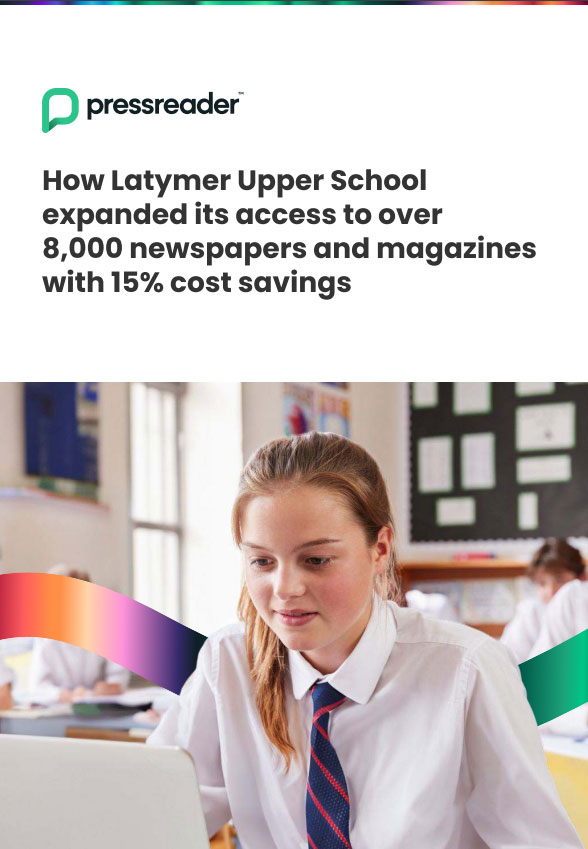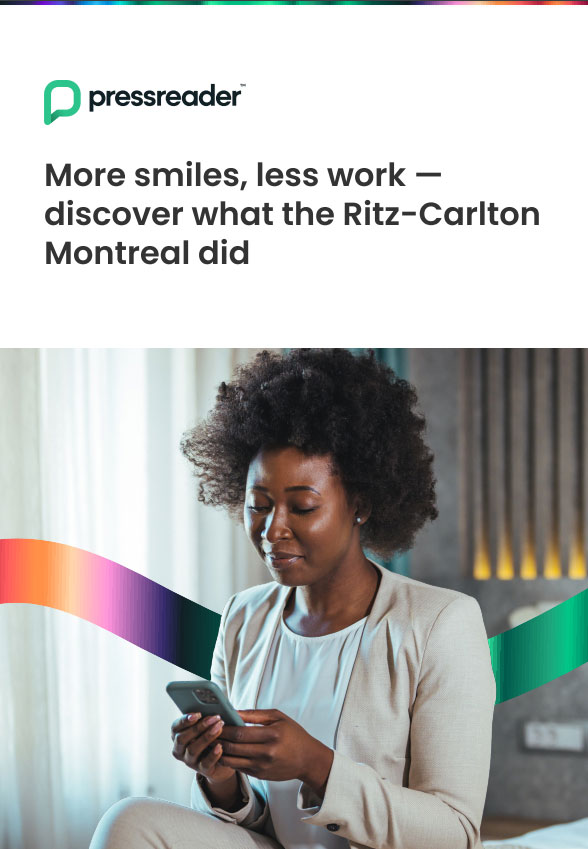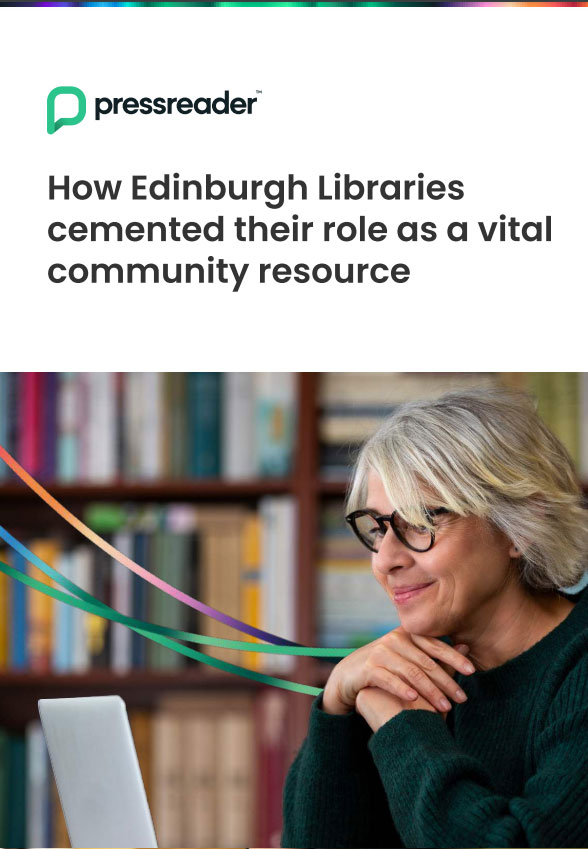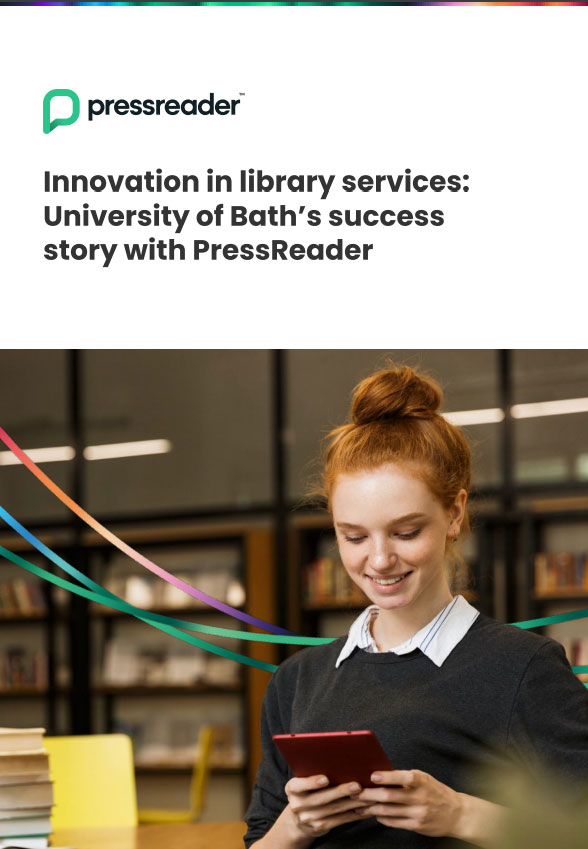Overview
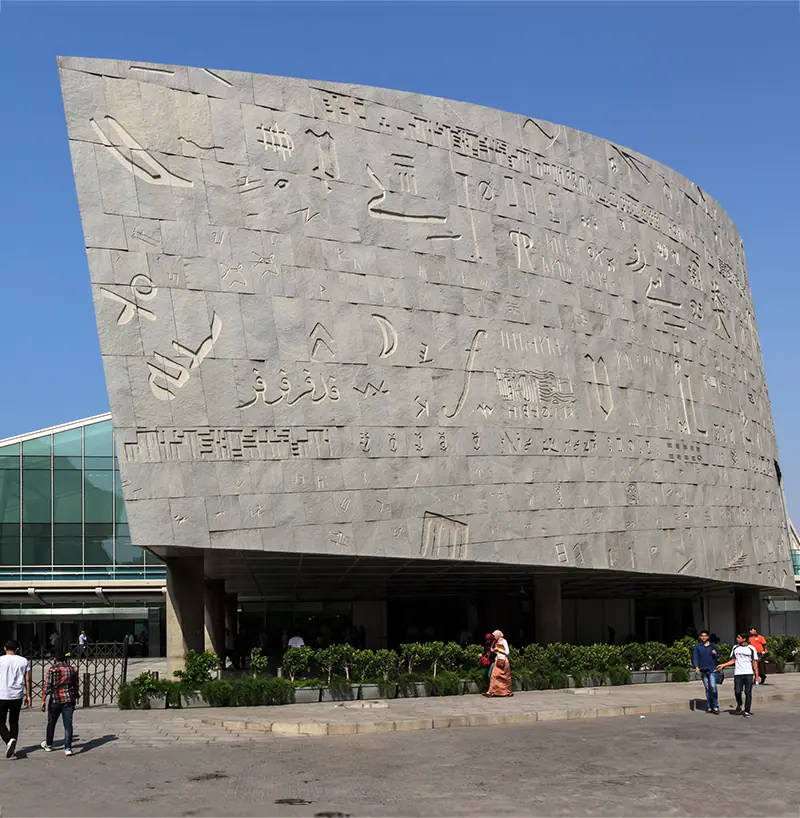
For thousands of years, libraries have helped pave the way for billions of people who sought knowledge, inspiration, support, safe harbor, and community.
In the 4th century BC, the Library of Alexandria was not only a repository for the world’s greatest wisdom, it was also a democratic cultural center that, unlike the other libraries that existed only for the wealthy, opened its doors and collections to any earnest scholar.
And then there were the libraries spawned from the Renaissance – a period that advocated for an open and participatory democratic society that stood up for human rights and social justice.
Fast forward to the 21st century and we find libraries confronting massive changes in technology and social behavior – trends that are shaking the very foundations upon which libraries were built.
Library Reinvention
Marketing guru and best-selling author, Seth Godin once said, “The hard part isn’t coming up with a new idea. The hard part is falling out of love with the old idea.”
Reinvention starts in the mind, not on a spreadsheet. It requires new thinking and the ability to imagine the art of the possible. A reinvented library is not an institution or a destination; it’s an experience rich in knowledge and humanity, whose worth is immeasurable.
Transformation
Libraries have all the fundamental building blocks to transform themselves to better serve the new generation of patrons. Many are still hesitant to raze the old to raise the new, but there are some shining examples of proactive institutions that proven it can be done.
Digital media
In the past, libraries thought that offering a small selection of printed media along with a few select digital editions of periodicals and newspapers was sufficient to support patrons demand for local and national news content.
But today’s expectations far exceed these antiquated single-source solutions. The world of knowledge and news is now at patrons’ fingertips, and they expect unlimited, uninhibited, free access to all it has to offer through the library.
Technology
During the Renaissance, one of most important inventions of our time came into being – the printing press. If not for that technology, there would be no public libraries.
Today technology is advancing so fast, it’s hard to keep up with it. Some people may feel like it is the beginning of the end for libraries, but, in fact, it is enabling the dawn of a new Renaissance.
Journalism
The internet instigated fundamental changes in social behavior and turned people from passive consumers into active participants who want to control almost every aspect of their lives. It also changed the role of journalism from being a lecture delivered by a central authority in a one-to-many paradigm, to a conversation that connects communities in a many-to-many relationship.
When quality journalism is made available in public libraries and promoted by librarians, it fuels the power of the person and the collective by connecting people and ideas.
Democracy
For over 200 years, public libraries have been bastions of democracy. Going beyond offering free, unfettered, and equal access to information, public librarians are staunch advocates for media literacy, continually championing efforts to nurture an informed constituency that will actively participate in the democratic process.
Library communities
A study from The University of Pennsylvania reported that “public libraries are dynamic, socially responsive institutions, a nexus of diversity, and a lifeline for the most vulnerable among us.”
So libraries are not only the custodians of the world’s greatest treasures, they have the power to change the world, and many of them are doing it one community at a time.
Information literacy
In a world where news fatigue is a real and growing problem, and information literacy a global concern, it’s more important than ever for people to have access to the trusted content they need. Librarians, as advocates for the truth, are working hard to help those who struggle with information literacy by teaching them how to differentiate fact from fiction.
Copyright Laws
The internet is still in its infancy, and we’re about to enter into a very exciting era as it matures at lightning speed – evolving into a digital, virtual, and artificial world that governments and lawyers could never imagine.
So pay attention to emerging copyright laws and take action where necessary, but don’t panic. It’s not the end of the internet as we know it, just an attempt to balance the scales between those who champion unregulated internet freedoms and those who want to control them.
